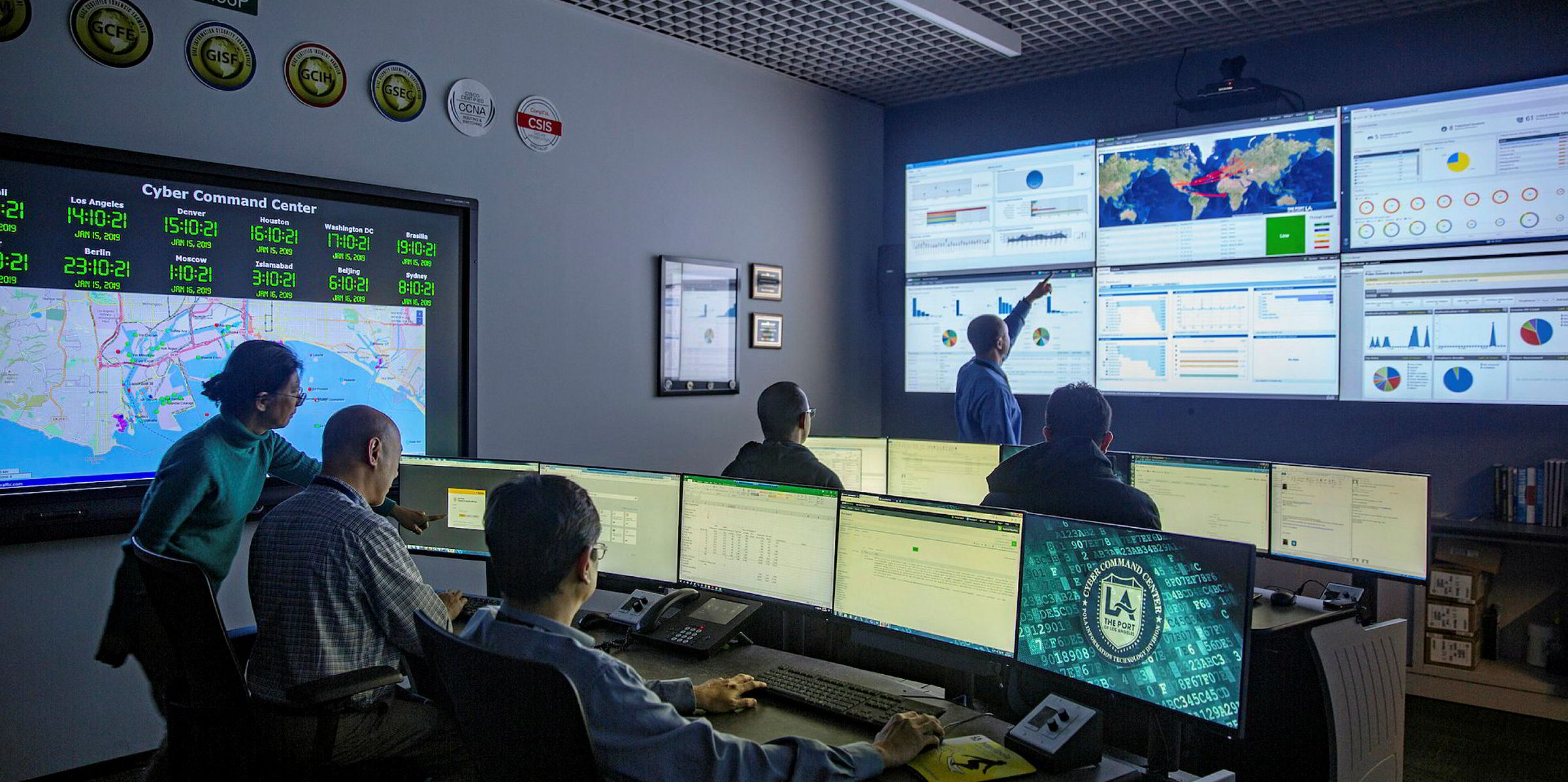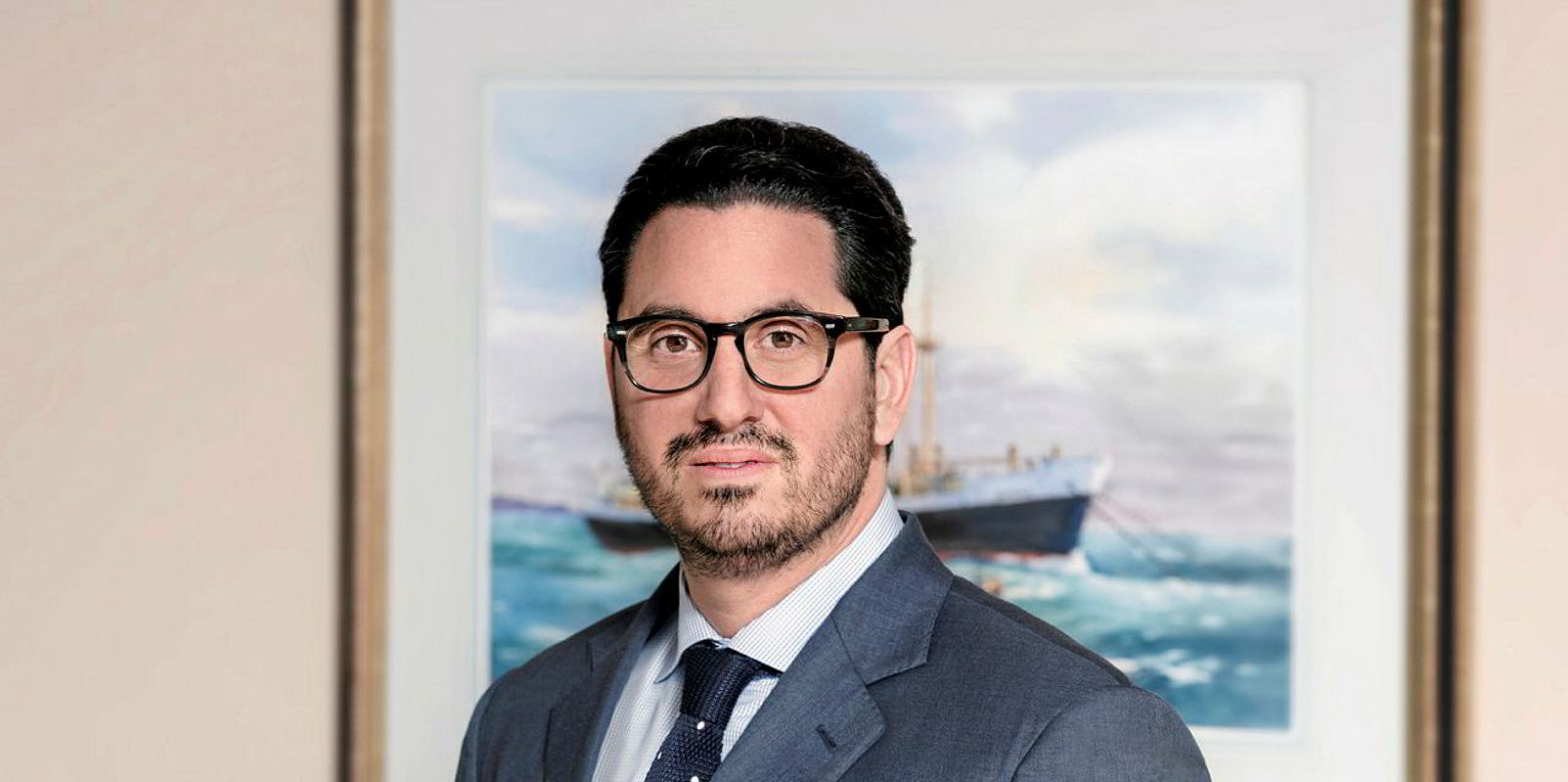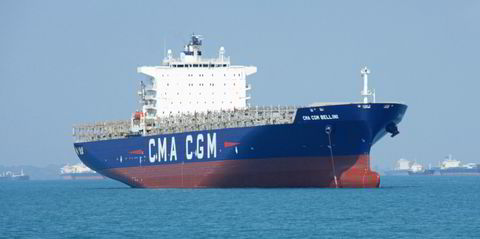Among the many bottlenecks to have been highlighted by the coronavirus pandemic, that of rationalising the interface between ports and ships is one that has come strongly to the fore.
In hindsight, it is amazing how little effort has been made over the years to bridge the gap between the vessels carrying the cargoes and the terminals that distribute the cargoes from makers to consumers.
It seems a no-brainer that this interconnection should be as efficient as possible to oil the wheels of trade — and yet it is not.

The experience of the last three months has helped the International Association of Ports and Harbors (IAPH) pull together a coalition of shipowning organisations, the International Chamber of Shipping and Bimco, with those representing cargo handlers, harbour masters, pilots and ship suppliers to call for action to speed up the exchange of data between all in the supply chain.
Cyber secure
With only 49 of the 174 member states of the IMO possessing functioning port community systems, the coalition of shipping operators is calling on the global maritime regulator to create a harmonised set of standards and systems for cyber-secure data exchange for port calls.
Obviously, this is something that the biggest port and ship operators in the world have been developing for some time, while it is harder for smaller, less financially developed terminals to achieve — and the call for action recognises the need to support them. The same could be said for smaller vessel owners/operators.
IAPH managing director Patrick Verhoeven said the virus pandemic has proven, if we did not already know it, that “exchanging paper by hand and relying on person-to-person interaction simply doesn’t cut the mustard anymore, neither from a safety nor efficiency standpoint”.
He also told TradeWinds that, in essence, it is not a technical issue, nor one for ports only: “It is a matter of willingness to share data between supply chain stakeholders, including governments.”
Exchanging paper by hand and relying on person-to-person interaction simply doesn’t cut the mustard anymore
IAPH managing director Patrick Verhoeven
A key issue is that of port calls. If ships can exchange information with ports ahead of their arrival, the two can make the process much smoother — allowing vessels to sail slower or faster to arrive at agreed times when they will not have to wait, with the electronic paperwork in place to allow cargo handling to go ahead without delay.
This is not a new drive. The issue of digital interconnection was the subject of IAPH president Santiago Garcia Mila’s "maiden" speech to the IMO in November 2018, and the theme of "Connecting Ships, Ports and People" was the focus of the IMO’s World Maritime Day the previous year.
At around the same time, the International Task Force Port Call Optimization group agreed that global standards for port-call data are essential to connect berth planning by terminals to navigation information used by ships — a call that was being picked up by big marine-engineering groups as they ramped up the digital development of maritime technologies.
And, this year, the open-ports initiative to reduce restrictions caused by the pandemic, driven by Singapore through the Port Authorities Roundtable, has succeeded in gathering together more than 50 port operators across the world that have committed to keeping their ports open for trade.
So, the basic desire is there.
But, even still, Verhoeven said port-call optimisation is not a widespread concept, because of the underlying contractual and operational complexities — and they come back to a lack of a standardised approach to data sharing.

Robust standards
And so, as ship operators cannot work optimally if they have to deal with different data sets at all the ports their fleets call at, he said ship-shore data availability and the sharing of it for port calls needs to be supported by robust standards and organisations.
“Equally, a one-size-fits-all global solution is not the answer," he added. "The answer lies in a common port call process framework, using existing contractual, hydrographic, and data definition standards.”
There is a widespread feeling that the world is changing faster than it might otherwise have done as stresses and strains in international systems are exposed by the pandemic. It is up to everyone to ensure the changes that come out of the crisis are for the better, not the worse.
Making ports smart is the smart thing to do.







